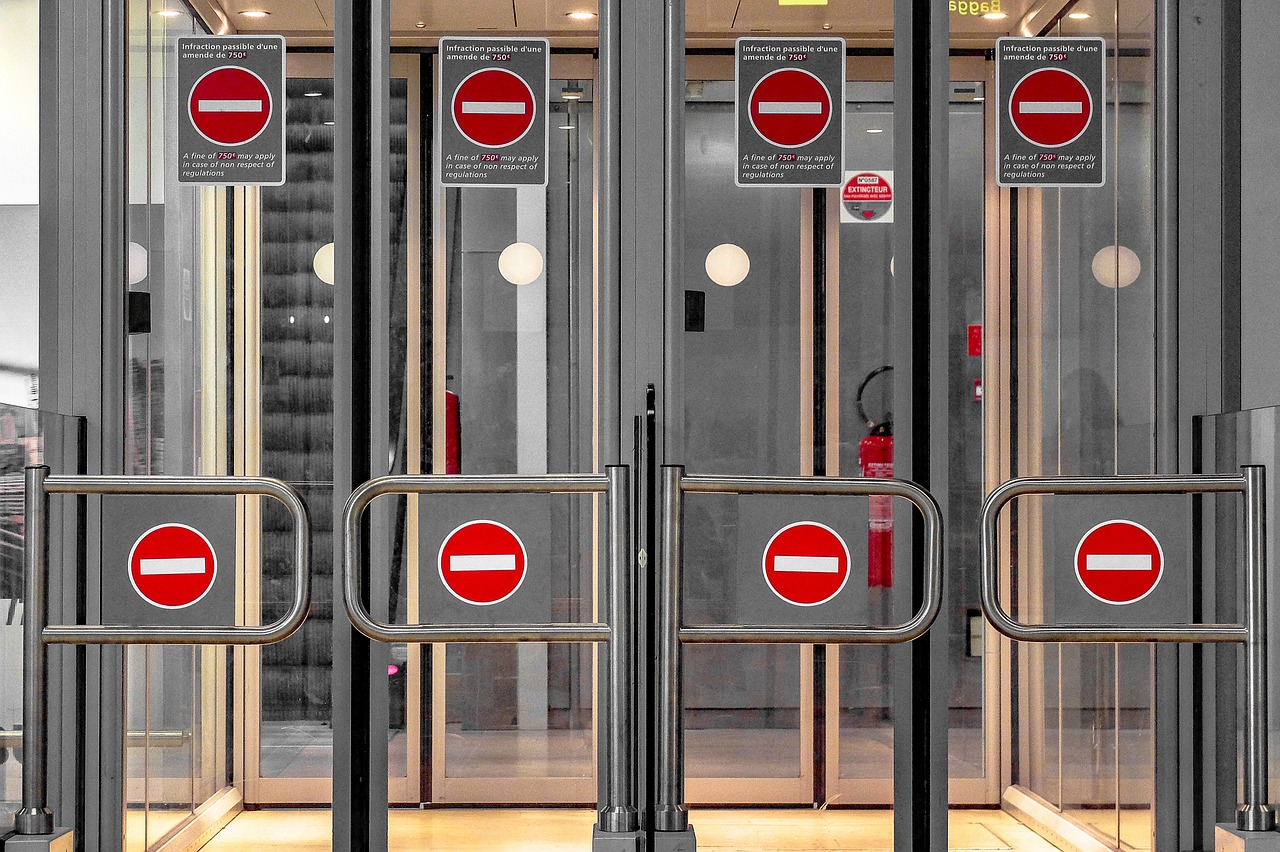A new change is on the horizon for California workers. As soon as January 2024, the Golden State’s minimum wage is increasing to $16 an hour. This notable bump in the minimum wage is part of a statewide effort to improve all employees’ living standards.
The State of California Department of Industrial Relations has been actively pushing for this wage increase, citing the rising cost of living and the need for fair compensation. The change will impact all employees in California, ensuring workers receive a more equitable wage for their hard work.
In addition to raising the minimum wage, this change also affects the minimum salary required for employees to qualify for an overtime exemption. Exempt employees are those not entitled to overtime pay for hours worked beyond a standard work week. To meet the exemption criteria, an employee must earn at least twice the state’s minimum wage for full-time employment. As of January 1, 2024, this translates to an annual salary of at least $66,560 for employees in California.
For the year 2023, the minimum wage in California is set at $15.50 per hour for all employees, regardless of the size of their employer. This marks an incremental increase from previous years, reflecting the state’s ongoing commitment to fair compensation practices. This year, Governor Newsom officially certified the latest minimum wage increase for all employers for 2024, establishing a fifty-cent increase at six dollars an hour.

The state follows an annual review of the minimum wage rate using the U.S. Consumer Price Index for Urban Wage Earners and Clerical Workers (U.S. CPI-W). Experiencing an uptick from the preceding 12-month period, the Department of Finance observed a 6.16 percent increase in the U.S. CPI-W from July 1, 2022, to June 30, 2023. As per the established policy, the minimum wage typically increases annually by the lesser of 3.5 percent.
California’s state laws require workers to be paid the minimum wage, with workers making less than that encouraged to file a wage claim with the Labor Commissioner’s Office. Additionally, the local minimum wage in some California counties and cities is even higher than the state rate, aimed at addressing the varying living costs in different parts of the state.
California employers must post the Minimum Wage Order and the applicable Wage Order for their workplace in an employee-accessible area. The Department of Industrial Relations website has wage orders available to download and print on their workplace postings page. Furthermore, employers are responsible for ensuring that the wage rate is prominently displayed on employees’ pay stubs, and they must consistently pay their employees at or above the minimum wage, even when compensation is based on piece-rate work.
California’s $16 minimum wage increase is significant in solidifying fair compensation and recognizing workers’ contributions to the state’s economy. Beginning at the top of next year, workers across California can look forward to a more equitable minimum wage as the state continues to work toward improving the quality of life for all employees.






































































































































































































































































































































